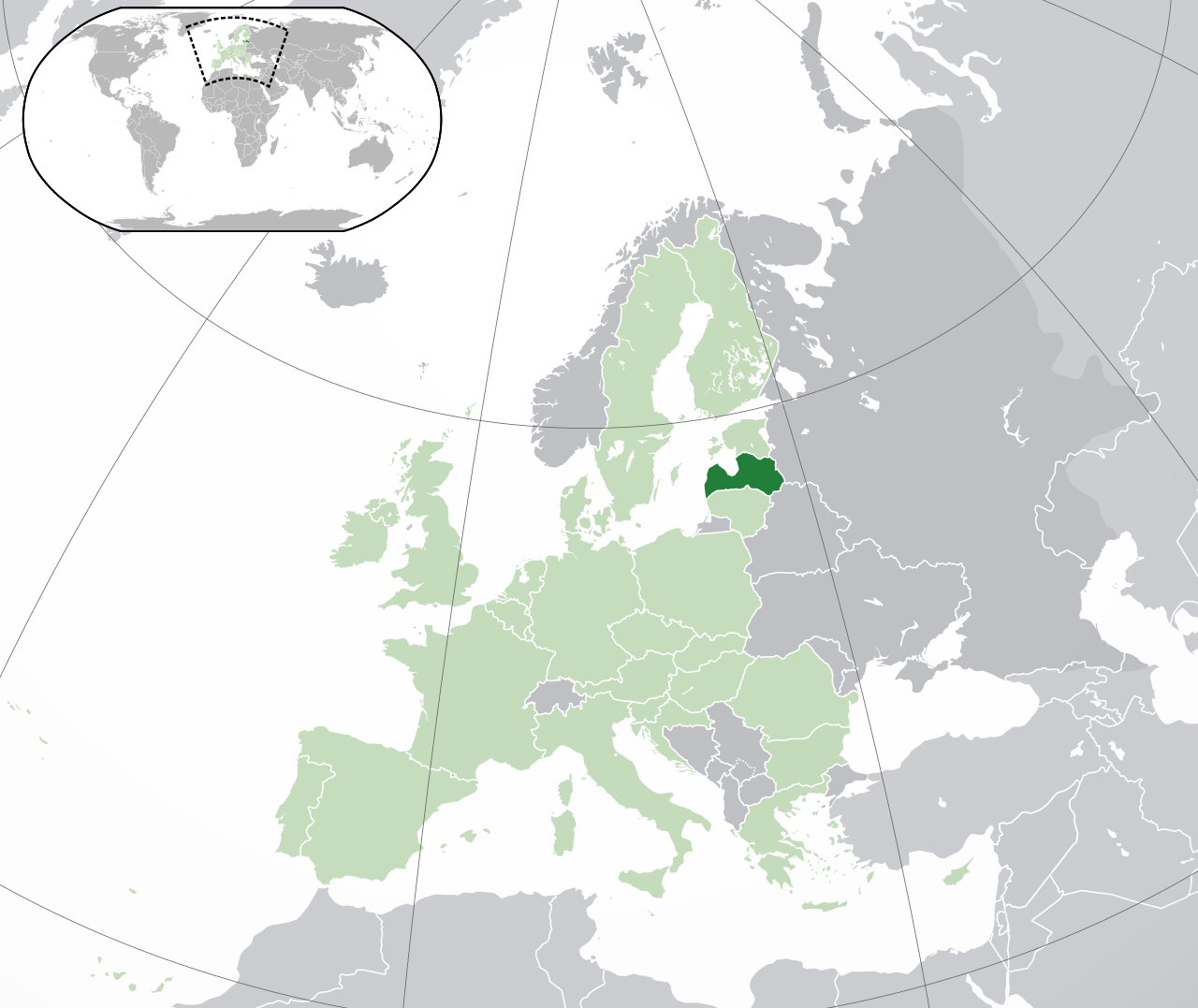
- Population:
- 1,872,000
- Religion:
- Christianity
Latvia was historically ruled by German, Polish, Swedish, and Russian powers before gaining independence in 1918. It was occupied by the Soviet Union during World War II and regained independence in 1991. Since then, Latvia has integrated into the European Union and NATO, focusing on economic and digital development.
Latvia, officially the Republic of Latvia, is a country in the Baltic region of Northern Europe. It is bordered by Estonia to the north, Russia to the east, Belarus to the southeast, Lithuania to the south, and has a coastline along the Baltic Sea to the west. Covering an area of approximately 64,589 square kilometers, Latvia has a population of about 1.8 million people as of 2024. The capital and largest city is Riga. The official language is Latvian. Latvia operates as a unitary parliamentary republic. The economy is classified as high-income, with key sectors including manufacturing, services, and information technology. Latvia is known for its diverse culture, historic architecture, and natural landscapes, including forests and lakes. The country is a member of international organizations such as the European Union, the United Nations, NATO, and the Organization for Economic Co-operation and Development (OECD).






